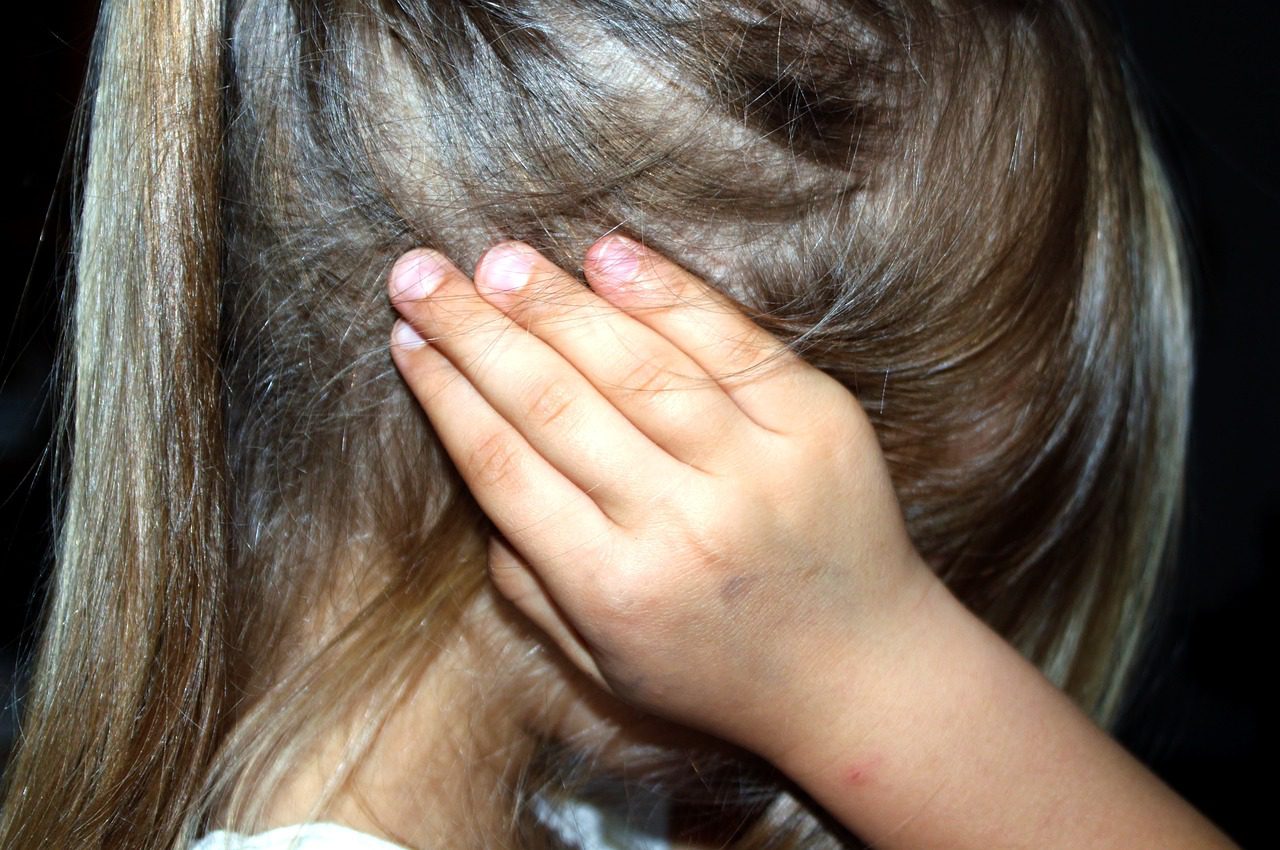One of the most overlooked but most common reason for overeating is stress and emotional difficulties. Kids, like adults, can medicate life stress and difficulties with food. Food serves to temporarily numb out problems or bad feelings and provides immediate gratification.
Food is a friend who never leaves and offers satisfaction. As food is used to cope with stress or negative feelings, weight gain results and can lead to feelings of self-hate and teasing. So what can you do to help an overweight child deal with her feelings of self-hate and the reactions of people around them?
First ask this question, “Is my child overeating for emotional reasons?” If you think this could be the case, deal with any relationship and emotional issues upsetting your child. For example, is your child going through a difficult time due to parental divorce? Are you critical of your child’s appearance, making verbal digs at weight and eating? Are you constantly talking about “dieting?” Has there been abuse or trauma such as molestation or a death in the family?
Then think about four main areas of your child’s life that could relate to emotional eating:
1) Does your child fit in socially? Is she anxious, uncomfortable and avoiding others? Eating can calm down those anxious peer and friendship problems.
2) Are there opportunities to overeat? Are mealtimes unscheduled with family members going and coming? Is the house filled with high fat, empty calorie snacks? Is snacking all day a thing? Lack of scheduled meals makes kids anxious and grabbing food for reasons other than hunger.
3) Does your child think negative thoughts about herself? Does she verbalize regular put downs and talk about her imperfect body? Cultural pressure to look a certain way leaves kids feeling failed.
4) Is she reacting to physical discomfort by eating? Is she eating to relieve headaches or to cope with feeling tired? Has she had a chronic illness and is now using food to comfort?
All of these reasons can lead a child to emotionally overeat. If you have concerns, consider these reasons and address the problems. Then teach your child other ways to cope. For example, how to tolerate negative feelings, how to deal with teasing, what to do when stressed (kick a ball outside, exercise, talk to you, etc.). Address trauma and loss if that has happened in your family. Also, be careful about body remarks and talk about good health and strong bones. And if you need extra help, find a therapist who works with children and eating issues.



